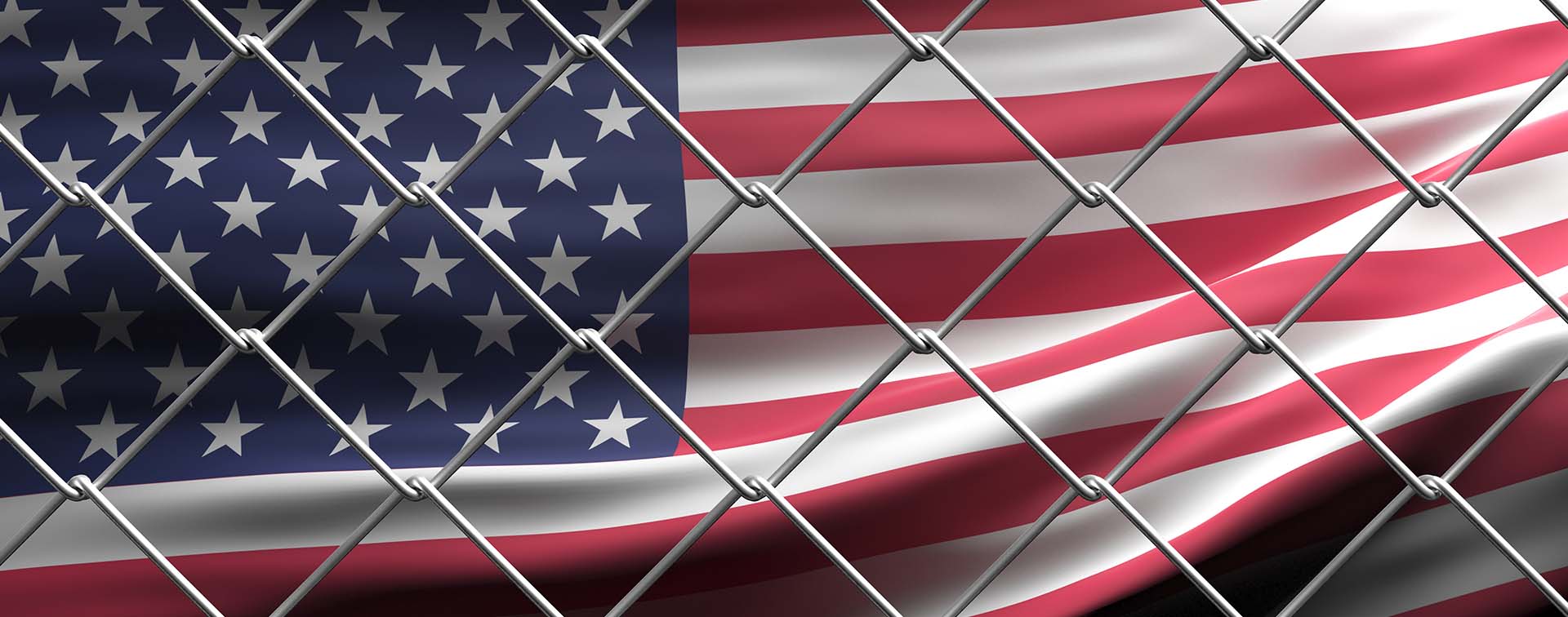
Annie Pforzheimer is a retired career diplomat with the personal rank of Minister Counselor from the Department of State, a Senior Non-Resident Associate at the Center for Strategic and International Studies, a member of the Council on Foreign Relations, a Global Fellow at the Woodrow Wilson Center, an Adjunct Professor at the City University of New York, and a public commentator and consultant on foreign policy issues.
The US is unabashedly restrictive towards whom it allows to enter its borders visa-free, with a post-9/11 legislative strategy of prioritizing safety over the ease of business and tourist travel. It is highly unlikely that the nation’s Visa Waiver Program (VWP) will grow faster than its current glacial pace since the political impetus to do so is far weaker than the imperative to avoid even minor security risks. Furthermore, the expressed desire of American citizens to travel visa-free is not in any way equivalent to perennial public concerns about terrorism. There are no current efforts to make the VWP less restrictive on the basis of improving US citizens’ access overseas, or on the overall ‘soft power’ standing of the nation in the world.
The VWP currently covers 40 countries and territories, allowing citizens of those nations the option of using the Electronic System for Travel Authorization (ESTA) application for short-term business or tourist travel, rather than in-person interviews. Only two countries — Poland and Croatia — have been added to the program since 2014. Requirements for new countries to join the program have historically been strict, based on aspects of border management, low non-immigrant visa refusal rates, electronic passport issuance, timely reporting of lost and stolen passports, and counter-terrorism information-sharing. Poland’s 2019 accession to the VWP took over a decade, and three other EU member states (Bulgaria, Cyprus, and Romania) remain outside the program. The EU has debated but decided against imposing visa reciprocity on the US due to its denial of visa-free access to the three member states, the EU’s only such exception. Following the November 2015 terrorist attacks in Paris, the US Congress passed legislation (the ‘Visa Waiver Program Improvement and Terrorist Travel Prevention Act of 2015’) and the Obama administration imposed regulatory changes (such as modifying ESTA to capture information regarding any past travel to countries constituting a terrorist safe haven) that tightened the program, denying eligibility to certain citizens of VWP countries.

A restrictive approach remains the politically safest course in the US. The program came under significant scrutiny after the Paris attacks, because several of the perpetrators had French passports and would have qualified for the VWP. The government was concerned that the ascendant Islamic State could recruit VWP citizens, who could travel into the US without biometric screenings or in-person interviews. This fear has not abated; Senator Marco Rubio (R-FL) introduced a new bill in February 2023 called the ‘Securing the Visa Waiver Program Act of 2023’ that would impose additional requirements on VWP countries to establish enhanced law enforcement cooperation frameworks with the US and to share information on any of its citizens or nationals suspected to be involved with terrorism. Under this proposed law, countries that do not comply would be cut from the program.
Some institutional proponents of the VWP do exist in the US, such as the tourism industry, the international business community, and the US State Department, the latter of which depends on the program in order to allocate resources to the countries of greatest concern. The case arguing for the VWP based on tourism and business travel is also easy to make. The citizens of VWP countries constituted about one third of all visitors before the Covid-19 pandemic, and that percentage may now be higher, as travel reflects the precipitous drop in Chinese tourism and worldwide visa processing delays. Although the statistics are dated, the Department of Homeland Security’s website currently lauds the VWP on the grounds that “a strong and vibrant economy is essential to our national security. The United States welcomed approximately 20 million VWP travelers in FY 2014 … [These] VWP travelers injected nearly $231 million a day into local economies across the country.” Similarly, the US Chamber of Commerce promotes the importance of the travel industry to “tourism, global commerce, and supply chain flows” and advocates for broadening the program. The tourism-promoting US Travel Association warns that difficulties with visa and airport processing could hurt the nation’s tourism industry in the long run, but the body has since last year focused its advocacy efforts on reducing visa processing times, rather than calling for more visa waiver countries.
As the US maintains a high legal bar to countries wishing to qualify for the VWP, Brazil plans to reinstate a visa requirement for US citizens seeking to travel to the South American country starting October this year — symbolizing the fact that other countries can tangibly express their displeasure with the US’s visa closedness in ways that can impact US passport holders. That said, this issue is not going to make domestic political waves. There is no perceived urgent need in the general US population to be able to travel visa-free to as many places as possible; for example, when Americans take a ‘once in a lifetime’ trip beyond Europe and North America, where reciprocity exists, they manage to get visas relatively easily and can absorb the application fees into their overall travel expenses.
Due to the lack of demand from inside the US for a change in its policies towards visa openness, the extreme political risk for any group or politician who unwittingly facilitates travel by a terrorist, and the fact that tourism has surged post-pandemic anyway even with a restrictive VWP, the status quo is likely to remain. Unfortunately, over time, the present state of affairs may well contribute to a decline in US soft power if businesses struggle to invite international partners to trade shows and meetings, tourists encounter needless application delays and take their money elsewhere, and open xenophobia erodes the public reputation of the nation as a world leader.